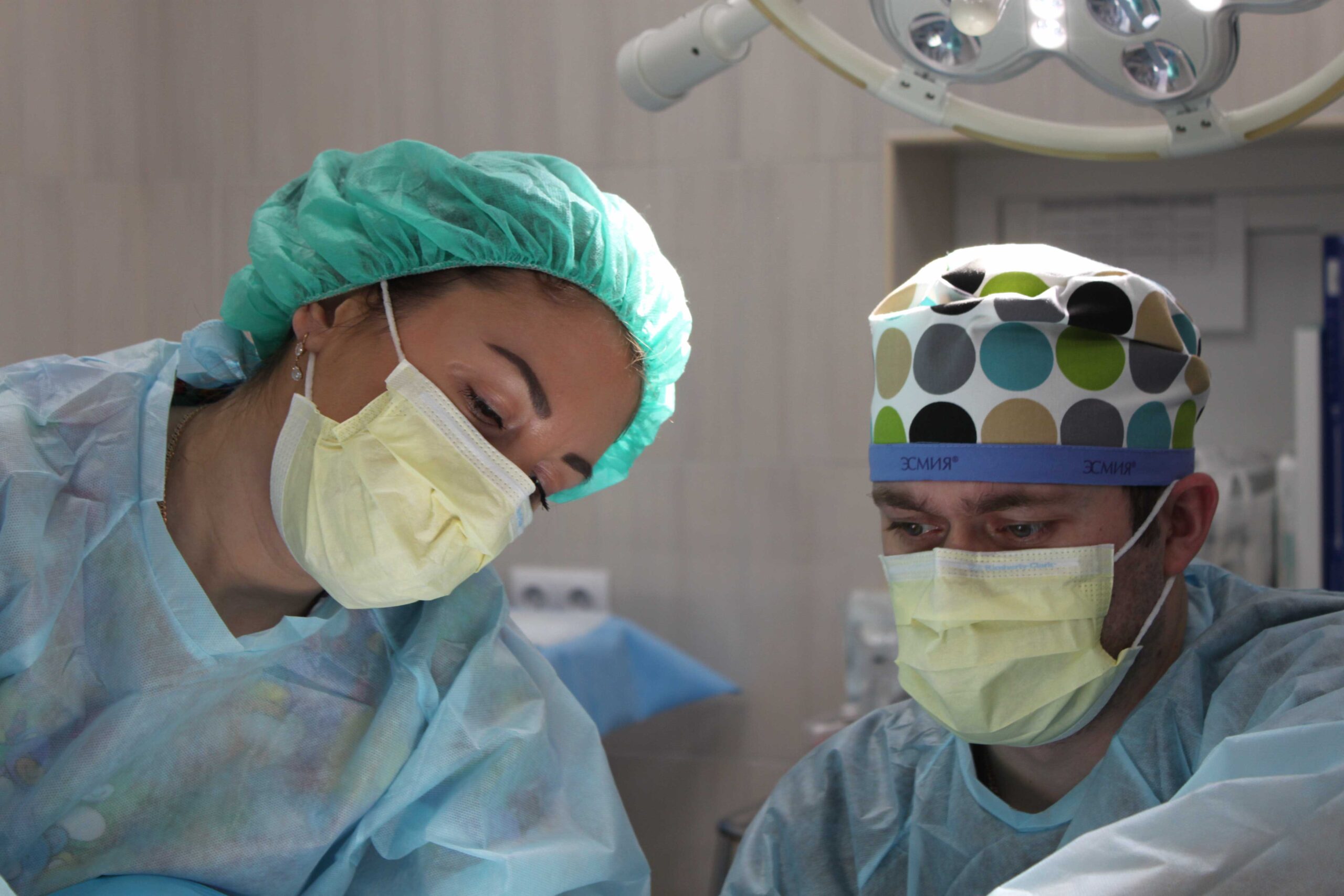
by Dr. John Kuruc
Throughout my ten years and thousands of patients that I’ve seen, the most common statement I hear is that “I don’t want surgery.” Quite frankly, I don’t want my patients to undergo surgery either. However, sometimes it’s completely necessary. Let’s discuss why surgery may be necessary.
As a chiropractor the most common potential surgical case I see is herniated/bulging discs. A herniated disc is where the inner part of the disc bursts through the otter fibers of the disc while a bulging disc, the outer fibers of the disc are still intact but have the inner part pushing against the otter fibers. Conservative care has been shown to improve herniated/bulging discs but sometimes it fails short of helping the patient get to their desired outcome of living a pain free life. In my experience, when a thorough course of conservative care has been done, let’s say about six weeks’ worth, and there is still pain and the quality of life isn’t where the patient and provider would like it to be, a surgical referral is appropriate and necessary.
In many cases, a surgical referral is often a case of last resort. Some injuries such as a herniated disc, pinched nerves, sciatica, grade 1 AC joint sprains, grade 1 and 2 MCL sprains, high ankle sprains, trigger finger, rotator cuff injuries, and labrum tears can respond well to conservative care but the big caveat is, all of these injuries depend on the overall age, health, and lifestyle of the patient. For example, if a seventy-year-old tears their rotator cuff and doesn’t have an active lifestyle, in most cases it may be appropriate to start conservative care and avoid surgery all together but a high school baseball player that has the same injury, surgery is the appropriate course of action.
In conclusion, surgery should be done as a last result or there is a life threating injury that needs immediate attention. Whenever surgery is required it’s important to find the best surgeon for the job, regardless of their “bed side manor.” If you’re unsure of the quality of a surgeon, the best tip I can provide is to call all the local physical therapist offices and inquire about the surgeon. They see their handywork and can tell when a surgery is done properly. As always it’s our duty and conservative health care providers to make sure our patients are getting the most appropriate care for their condition.
